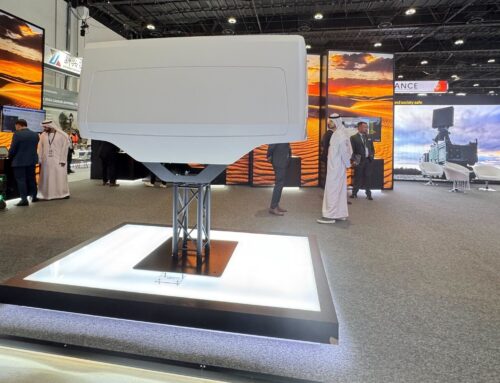Deputy Secretary of Defense Kathleen H. Hicks is walks with Director of the Defense Innovation Unit Doug Beck during a visit to the Defense Innovation Unit, Mountain View, California, Dec. 12, 2023. (DoD photo by US Navy Petty Officer 1st Class Alexander Kubitza)
WASHINGTON — The Defense Innovation Unit today laid out its plans for how it will spend the $938 million Congress gave the organization for fiscal year 2024.
The budget, which will be dispersed across four areas to streamline the organization’s “DIU 3.0” strategy, with DIU Director Doug Beck saying in a press release today that “DIU’s FY24 spending is concentrated on closing the U.S. military’s most critical operational capability gaps with the focus, speed, and scale required to help us deter major conflict or win if forced to fight.”
Overall, DIU plans to release around two dozen solicitations for new projects in the next few months. This money will be available for new projects while using the DIU’s Commercial Solutions Opening process, an initiative which seeks solutions from industry for problems warfighters commonly face.
As to how the funding will break down, according to the press release, fifty percent of the FY24 budget will go to “expanding and accelerating” the DIU’s most crucial project activities such as uncrewed system initiatives, like the Replicator effort, and building the Joint Fires Network — an effort addressing the needs of combatant commands that provides real-time threat data to joint, partnered and allied forces and is part of the broader Combined Joint All-Domain Command and Control endeavor.
Additionally, part of this first 50 percent will go toward initiatives in commercial space, energy, cyber and human systems, along with programs that can advance operational logistics across challenged areas.
About 25 percent of the budget will allow DIU to launch new projects, including counter-unmanned aerial systems, space transport, advanced manufacturing and advanced cross-cutting software.
“Such advancements will enable integrated and resilient operation of complex, heterogeneous, multidomain autonomous systems in highly challenging current and future battlefield environments,” the press release stated.
Roughly 15 percent of the budget will go to help speed up the work developed by other partners in the Defense Innovation Community of Entities (DICE), which is comprised of innovation hubs across the DoD.
The remaining 10 percent will go toward efforts that will expand regional outreach via the Defense Innovation OnRamp Hubs, enhancing cybersecurity support for small vendors and providing access to testing ranges.











